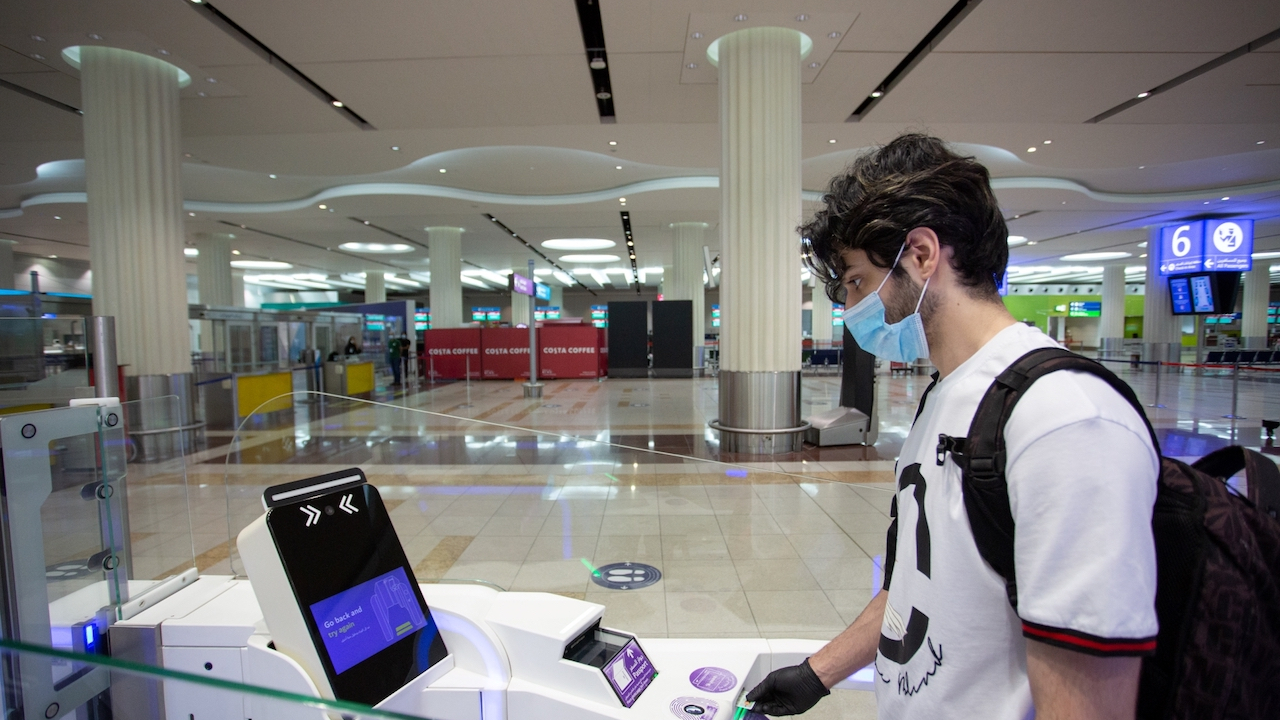Gulf Air agrees restructruing deal with unions and is now set to reveal plans to staff
Gulf Air management under the chairmanship of Bahrain's deputy prime minister Sheikh Khalid bin Abdulla Al Khalifa has met with trades unions in Manama to agree a restructuring plan for the survival of the airline.

There have been divisions for several years over the direction the former leading Gulf airline should take. CEO Samer Majali who had led the turnaround at Royal Jordanian resigned from the Bahrain airline in November over disagreements about the future.
This led to the formation of an executive restructuring committee under the control of the deputy prime minister with a mandate to resolve the problem and develop a balanced strategy that will allow the airline to be sustainable – but also assist in the economic development of Bahrain and its people.
The Gulf Air management will be meeting with the airlines staff tomorrow (Wednesday) to outline the plan agreed with the union.
Details of the full plan will not be revealed until after the meeting with staff but it is understood that immediate restructuring will lead to cost savings of around 25% by the end this year.
In an announcement this afternoon Gulf Air said the strategy aims at “strengthening the national carrier’s core services by optimising its fleet and network, streamlining its organisational structure and re-engineering its internal processes to transform the airline into a more dynamic and efficient national carrier that will continue to serve the Kingdom of Bahrain and its customers. “
The plan is said to be “aggressive” in the actions needed to maintain the sustainability of the airline. “The strategy aggressively addresses minimising losses and reinforcing the airline’s position as a key national infrastructure asset, while ensuring it remains to be the region’s most family and business friendly airline,” the statement said
Sheikh Khalid said, “Gulf Air is a key national infrastructure asset and provides business links which are important for wider economic development. In order to best position the airline for future growth and ensure it remains integral to the Kingdom’s evolving business requirements, the airline’s management, with the support of the Board of Directors, are committed to implementing a restructuring strategy to put Gulf Air on a path towards sustainability.”
There is likely to be XX strands to the survival strategy: network; fleet; staffing and financial management.
The first will be the realignment of the network. Early in Majali’s period at Gulf Air it was recognised that the airline needed to focus on key point-to-point routes but also expand its regional links. The airline has already closed eight commercially unviable routes. This realignment will allow the airline to use its fleet and resources in the most efficient way in MENA markets by moving away from low-yield transit traffic and concentrating on high-demand and high-yield point-to-point routes to connect Bahraini businesses with regional markets.
The airline claims the highest on-time performance in the region as well as the largest regional network.
The second strand will be the fleet itself and the airline will simplify its fleet to meet the revised network and flight schedule. There has been confusion in the past with its mix of wide and narrow body aircraft utilising short-term leased Embraer E-Jets as well as A320s, while at the same time being tipped to be the regional launch customer of the Bombardier C-Series. In November it cancelled A330 and Boeing 787 Dreamliner aircraft. It was suggested at the time that Gulf Air would still take up to 16 Dreamliners but would convert the A330 spend to more A320s.
The elephant in the room will be the issue over workforce size. Although numbers have fallen there have been issues within the airline about the right size to be competitive. After today’s meeting with the unions it was agreed that “All cost elements of the business will be rationalised. Gulf Air’s workforce requirement will be aligned to meet the operational, maintenance and administrative needs of the revised fleet and network. The introduction of a simplified structure will drive organizational efficiency, increase productivity and align accountabilities to the success of the organisation.” In short, it appears that short term pain will be benefit the long-term gain. More details of that will be given on Wednesday.
The unions say that rightsizing will be done on a performance-based review and individual job assessment against business-critical requirements. “Priority will be on retaining the most productive employees with focus on maintaining key talent. As the national carrier of the Kingdom of Bahrain, Gulf Air will continue to be a leading employer providing continuous learning and skills training opportunities to grow within the organization and work hard for Gulf Air’s long term success and future,” the company said.
The cost cutting will continue and the airlines finance team is predicting a 24% cut in costs and an increase of 9% from the revenue per available seat kilometre (ASK which Gulf Air said it will achieve through improved revenue management and sales, frequency adjustments and route cancellations.
Stay up to date
Subscribe to the free Times Aerospace newsletter and receive the latest content every week. We'll never share your email address.

